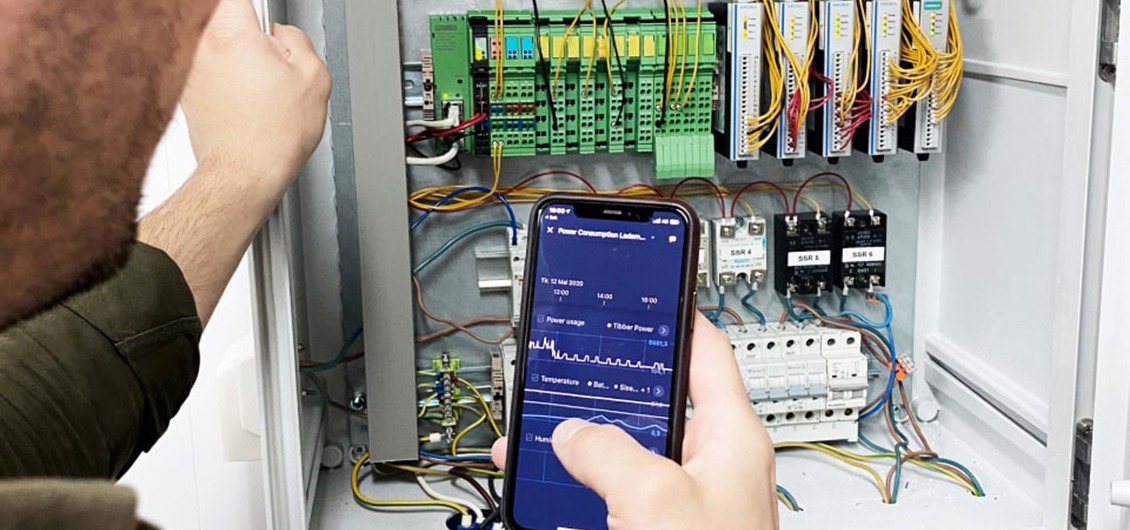Automation describes the technologies utilized to reduce human intervention in processes. When we say “industrial automation,” it refers to machinery used in an industry to replace humans. These machines are hardware and software tools associated with control systems. When used correctly, industrial automation provides improved productivity, quality, and flexibility while reducing costs on wages and benefits.
Industrial automation is currently used in many industries, from performing tasks in the manufacturing process to the operation of an ATM. The amount of interaction we get from industrial automation varies by the level of complexity and its applications. If you are considering industrial automation, it is essential to know the three different kinds: Fixed, Programmable, and Flexible Automation.
A Closer Look at Industrial Automation
Fixed automation, also known as rigid or hard automation, improves efficiency and throughput rates. It executes repetitive tasks, mostly on assembly lines in the automobile industry. The setup process is challenging, but you can expect high consistency and stability over time.
Programmable automation has a control program that is easy to reprogram for different processes, tasks, and sequences. The hardware on this type of automation is manually reprogramed to be used on a variety of products. Programmable automation is most often used on medium volumes but can also be used for low and high volumes if justified.
Flexible, or soft automation, is like programmable automation since it provides flexibility for product changeovers. In contrast to programmable automation, where all modifications are manual, flexible automation changeovers are done through a control system and will happen quickly. Therefore, it is the most advantageous form of automation since it cuts time and requires limited human interaction.
The Benefits of Industrial Automation
Now that you know the three main categories for industrial automation is vital to understand that an investment like this comes with a high initial cost. However, the advantages of using any of these automation types outweigh the price and will end up saving you money over time. Some of the benefits of investing in industrial automation are:
- Quality improvement: when performing repetitive tasks for long periods of hours is hard to rely on humans not to make any error and repeatedly perform each movement the same way. With automotive machinery, the error variable is eliminated because it can repeat its actions without deviation. There is no easier way to improve the quality of a product than reducing the chance of error in its manufacturing, and industrial automation has been proven to eliminate it.
- Productivity: Robots are not only faster than humans but can work for 24 hours, seven days a week. It allows manufacturers to increase production and overcome labor shortages. In addition, the flexibility of most automated devices will enable manufacturers to adjust to the industry needs by reprograming the process for either a different or improved product.
- Safety: this is one of the most significant advantages of industrial automation. Humans no longer need to perform hazardous tasks like operating with chemicals or working too many hours in elevated temperatures performing repetitive duties. Automotive machinery eliminates the chances of injury by completely taking over dangerous jobs and enabling workers to take on higher-value tasks
Now that you know the basics of industrial automation, give us a call at 262-250-4410 to determine which of our products best fits your needs.
Clarify’s – The Complete Guide to Industrial Automation
Photo taken from global-uploads.webflow.com


